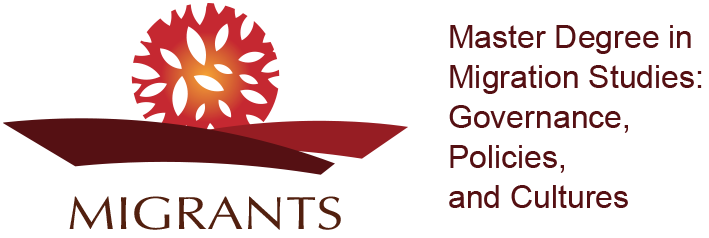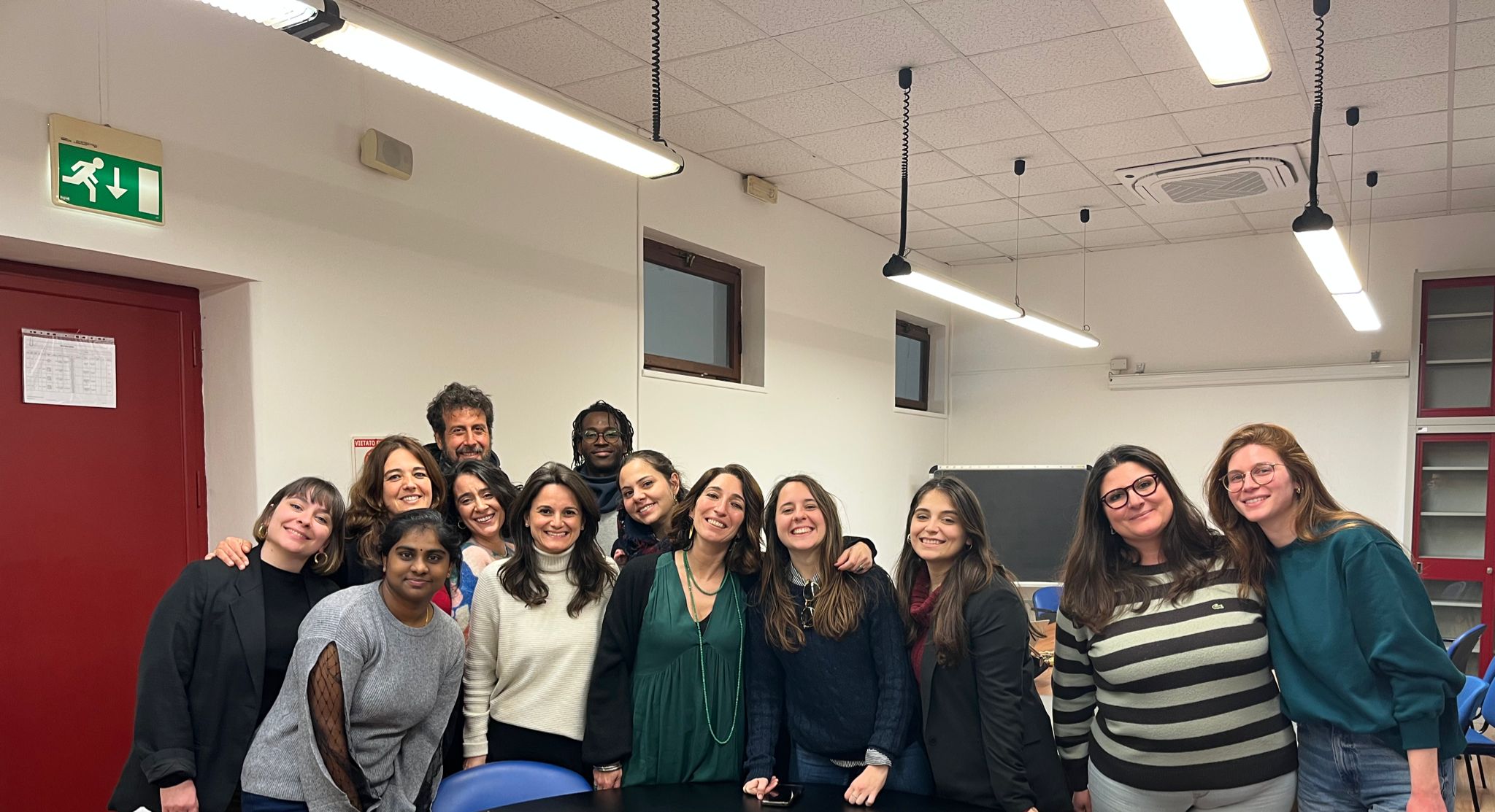Cledu and Migrants Project: job shadowing, summer schools and trainings
Within the Migrants Project, Cledu, is in charge of the many activities within the project: organisation of the trainings about migration laws and policies, planning and implementation of the job shadowing, sessions during the summer schools.
Curious about their work? Keep reading the interview!
How did you come up with the idea of Migrants Project?
“The association CLEDU (Legal Clinic for Human Rights), in convention with the Department of Law of the University of Palermo, runs the Legal Clinic Migration and Rights. Since the very first moment, the scientific coordinator, Prof. Marcenò proposed CLEDU to be part of the MIGRANTS partnership, we considered this project as an unique opportunity to promote the clinical methodology, based on experiential learning, within such a valuable and multidisciplinary international programme on migration studies”, said Maria Romano, CLEDU representative in the Scientific Board of the project.
What does it mean for you?
“For Cledu it is very important to participate in a project that combines teaching with research and work on the field. Legal clinics are born right inside universities to give the possibility not only to have the legal knowledge but also to get in touch with living law through practice. We believe that this type of approach is essential to start thinking about migration outside the logic of emergency and this must start from those who train the professionals and the ruling class of the future”, said Giulia Manzella, Project Manager for CLEDU.
How is the partnership?
“The partnership involves the Universities of Granada, Palermo, Tunis and London, the Union of Mediterranean Universities together with the NGOs Cledu and Cospe. We think that combining the work of universities with that of NGOs is the added value of this project, because it allows us to bring the academic world closer to civil society and link research to practice”, pointed out Giulia.
Which are the most important results of your action?
“By combining an academic and practice-oriented approach to the migration phenomenon, CLEDU experts provided a valuable contribution to the training sessions and the summer schools held during the project, by focusing on the impact of migration policies on the lives of both the people on the move and the people living in transit and destination countries and by stressing the importance of a gender-based perspective”, noticed Maria.
“Some of our experienced lawyers, who are not academics but pure lawyers, are involved into the coaching and mentoring program which was initially reserved only for academic partners. Two of our lawyers will enter the classrooms of Tunisian universities and will teach alongside professors. In particular, they will address the issue of externalization of borders, as well as Migration Law and Policies, while offering the point of view and all the knowledge of those who work in the field. After having supported the University of Westimister in the organization of the job shadowing activities held in London in September 2022, in July 2023 we will manage the organization of the job-shadowing in Palermo and we are involving the realities that are more active in the area in working with migrants and refugees”, explained Giulia.
Which objectives for the future?
“The aim is to train professors and young researchers from Tunisian universities who can be the heart of the Master degree in migration studies, governance, policies and cultures. The master will train students in the field of migration in Tunisia, a country that plays a fundamental role in one of the routes most traveled by migrants which is the Mediterranean one. Furthermore, the foundations are laid for cooperation between the Mediterranean countries affected by migratory flows in order to improve shared policies that will reduce the risks of irregular and not-governed migration, both for people on the move and for people living in transit and destination countries.”, declared Giulia.
“Through the network of stakeholders that the project activities, such as the job shadowing, have contributed to strengthen, CLEDU will also support the project partners in the orientation and placement of students as well as in the promotion of good practice exchange among the institutions and organizations involved”, added Maria.
What about difficulties and the challenges?
“Surely Covid pandemic has represented a strong element of difficulty for a project based on mobility. Another question concerns the visas of non-European partners. Each time they have to face a frustrating process for obtaining visas and being able to travel for boards, lectures and other project activities. We believe the project on this issue must be incisive and underline how the right to mobility is reduced for some of the partners despite being a project that seeks to intervene precisely on this. It’s almost a paradox!” observed Giulia.
“The challenges and difficulties already mentioned by Giulia, especially the restrictions to the travels imposed by Covid-19 pandemic, impacted the exchanges between the partners, which have been recovered through the dedication of all partners during the online sessions of training and meetings and finally the fruitful summer schools held in presence in Granada and London. The forthcoming activities in Tunis and Palermo will represent the last but not least springboard for the forms of collaboration promoted by the MIGRANTS project among the members of the partnership but also the stakeholders involved”, concluded Maria.

